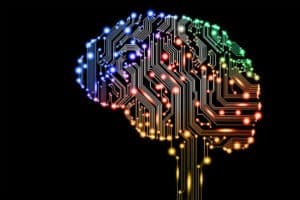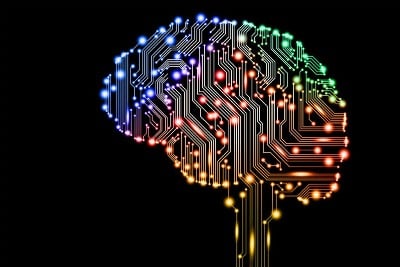Patenting Machine Translation. Have you heard of that term before? Can you patent an action? No, but you can patent a method of how to implement an action – and that’s just what Google is doing as they push their machine translation capabilities further and further…
Translation, Software and Patents
Translating and interpreting has been done for as long as people with different languages have communicated with each other. But the methods to do so have grown, changed, and improved over time. With the help of technological progress, machine language translation services have become the increasingly popular disruptive innovation of the modern day – infringing on the traditional roles of human linguists.
But pure machine language translation, namely translating one word after the other without a human editing the text before and afterwards has long held the stigma of being riddled with errors. That being said, big software companies are improving upon it every day. Google in particular is one of the companies at the forefront of the endeavor, with its Neural Machine Translation software, which launched in September. Currently, this software only works for Chinese to English translations and vice-versa. There is testing in Spanish and French happening as well. This could drastically improve machine translation for such languages as Russian, German and Finnish that have proven troublesome with the current use of Phrase Based Machine Translation.
Patenting Machine Language Translation Methods
But how do patents come into play? In the midst of developing the software for its Neural Machine Translation in May, Google filed a patent for it. While the company is not patenting Neural Machine Translation directly, it is still very close. Google claims to do so only for defensive purposes; however opinions on the potential patent are still divided. Some claim that simply making their software public would be enough to prevent future “patent trolls” from abusing it for their own gain. Others trust Google – whose two mission statements after all are to “organize the world’s information and make it universally accessible and useful” and the very simple “Don’t be evil.” The patent itself may simply be for defending themselves in the future.
Nonetheless, the software and method of neural translation are elevating machine based translation to a new level – though how Google will react to competitors in the same field is still yet to be seen.
Patenting Machine Translation | Is Machine Language Translation Applicable to Law?

Would machine language translation necessarily be the go to for the patent translation services? Maybe not just yet, as Google itself admits that its own Neural Machine Translation is still prone to errors that a human patent translator in this case, would never make – translating phrases in isolation without regard to context, dropping words and providing mistranslations of uncommon terms and proper names are still possible. However, machine translation’s role as a tool to human translators is becoming more defined. With tech giants like Google working on perfecting its processes, and making strides to protect their work, it won’t be surprising if in the future we see a new partnership between humans and machines in the realm of translation.
About Language Connections:
Language Connections is one of the top language service companies in the US. Over the last 30 years, we’ve focused on providing the best business translation services, interpreting services, as well as interpreter training and customized language training programs. In addition to top-tier corporate language training, we offer certified corporate interpreters and professional business translation services in 200+ languages. Our network includes linguists with backgrounds in all major industries. They’re ready to meet your needs, whether they’re for technical translation services, legal translation, government translation services, international development translation services, education translation services, life sciences translation, or something else. Reach out to us today for a free quote on our cost-efficient and timely translation services, interpreters, or other linguistic services.
Language Connections Inc.
2001 Beacon Street, Suite 105,
Boston, MA 02135
Phone: +1-617-731-3510
Email: service@languageconnections.com


